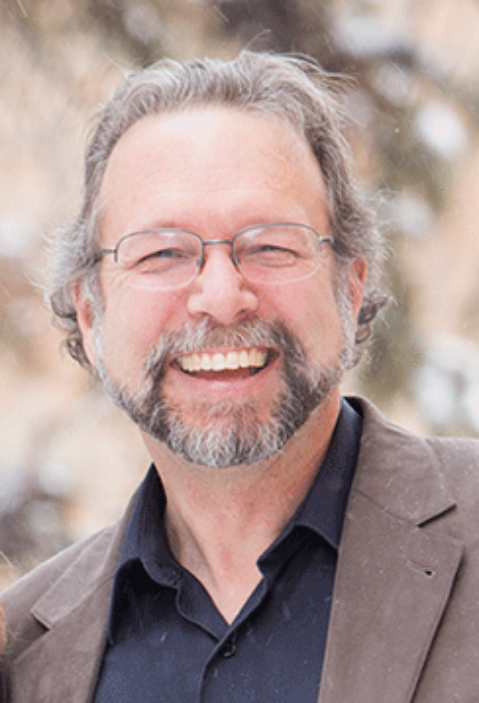Paul V M Flesher
Philosophy and Religious Studies
Professor of Religious Studies, Director of the American Heritage Center

Professor Flesher is Director of the American Heritage Institute at the University of Wyoming. While in this position, he is not teaching.
Dr. Flesher became the founding Director of the Religious Studies Program at the University
of Wyoming in 1993 and served as its head until he stepped down in 2014 (21 years).
During that time the Program created a faculty, developed a B.A. in Religious Studies
and became a department. Since that time, Religious Studies has become a full partner
in the new Department of Philosophy and Religious Studies.
Since 2008, Paul served as the UW director of the Saturday University lecture program,
which partners with local communities to bring UW faculty out into Wyoming for talks.
This popular program ran for eleven years.
Research Activities
Paul Flesher has long been known for his work on the Targums, Jewish Aramaic translations
of the Hebrew Scriptures. His literary research into the sources of the Palestinian
Targums to the Pentateuch has shaped the field’s concept of the Pentateuchal Targums,
including that of Targum Onqelos. His 2011 book, The Targums: A Critical Introduction
(Baylor University Press), written with Bruce Chilton, constitutes the first book-length
introduction to the Targums in more than a century. During the 1990s, he helped build
the scholarly study of the Targums into a recognized field of its own. He was one
of the leaders who founded the International Organization for Targumic Study, and
served as its President for six years. He belonged to the team of scholars who established
the Journal of the Aramaic Bible (now Aramaic Studies). He has edited the book series, Studies in the Aramaic Interpretation of Scripture, since 1996, and recently brought it into closer association with the journal as
Supplements to Aramaic Studies.
More recently, Professor Flesher has concentrated his research on earliest centuries
of the synagogue and its role as a center of worship and society. After serving on
the staff of the Huqoq Synagogue excavations, under Professor Jodi Magness, he shifted
his research to unite historical evidence of ritual with the spatial evidence of excavated
synagogues of northern Israel. This research enables the placement of the ritual elements
into the physical features of the synagogues where these rites were originally practiced.
In the last couple of years, he added the consideration of synagogue halls’ acoustic
characteristics into this analysis by pioneering methods of acoustically reconstructing
these ancient structures.
In summer of 2019, the University of Wyoming has become a sponsoring institution for
the new archaeological excavations at Tel Abu Shusha, through Dr. Flesher. The Tel
has been identified as the cavalry fortress which King Herod the Great built to protect
two major trade routes, the Via Maris, and the route from his new port at Caesarea
through Beth Shean to the great, Greek cities of the Decapolis. For more information,
see the excavation’s website at the Jezreel Valley Regional Project (https://www.jezreelvalleyregionalproject.com).
Paul Flesher earned his BA in Religious Studies from the University of Rochester in 1979, a Masters in Philosophy in Judaism in Late Antiquity from Oxford University in 1982, and a PhD in the History of Judaism from Brown University in 1988.

